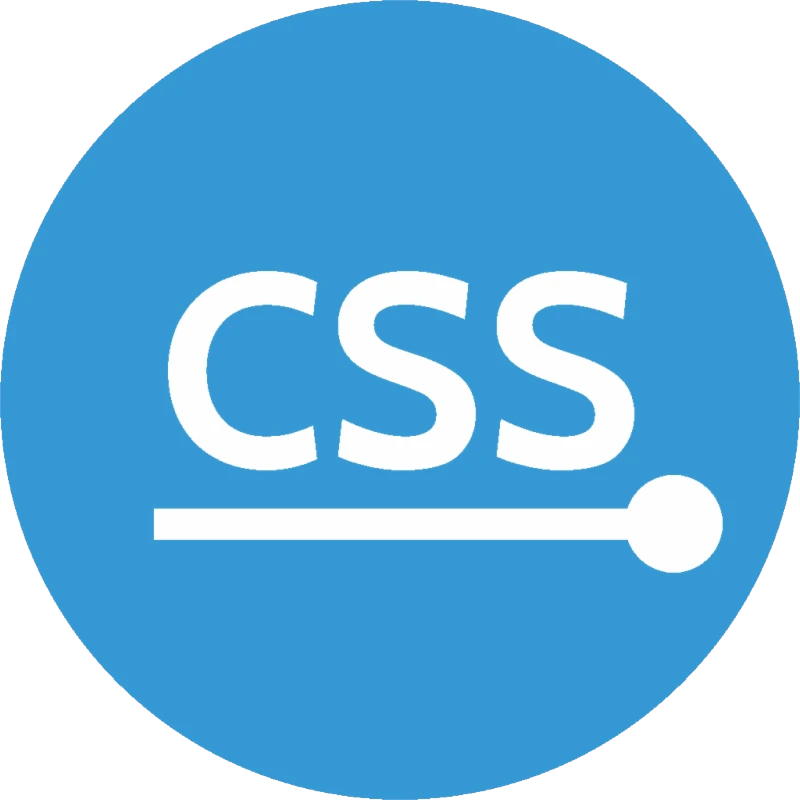Abstract
In some situations, when an agent faces the decision of whether to lie or not, their decision only affects the agent themselves. However, in other situations, lying can also benefit third parties as well as the liar. In these latter situations, there is a trade-off between the disutility of being a liar and the utility of a prosocial lie. This paper studies the interaction of two behavioral traits that are well established in the behavioral economics literature: the aversion to lying and prosociality. I first present a model that incorporates heterogeneous lying costs and prosociality as a part of the individual’s preferences. I show that individuals are more likely to lie when they have prosocial motives in addition to their self-interested motives. Using online experiments, I show that participants are more dishonest when their lies benefit others and themselves. More importantly, I present evidence that, on average, the prosocial motive facilitates lying even for people with relatively high lying costs.

















